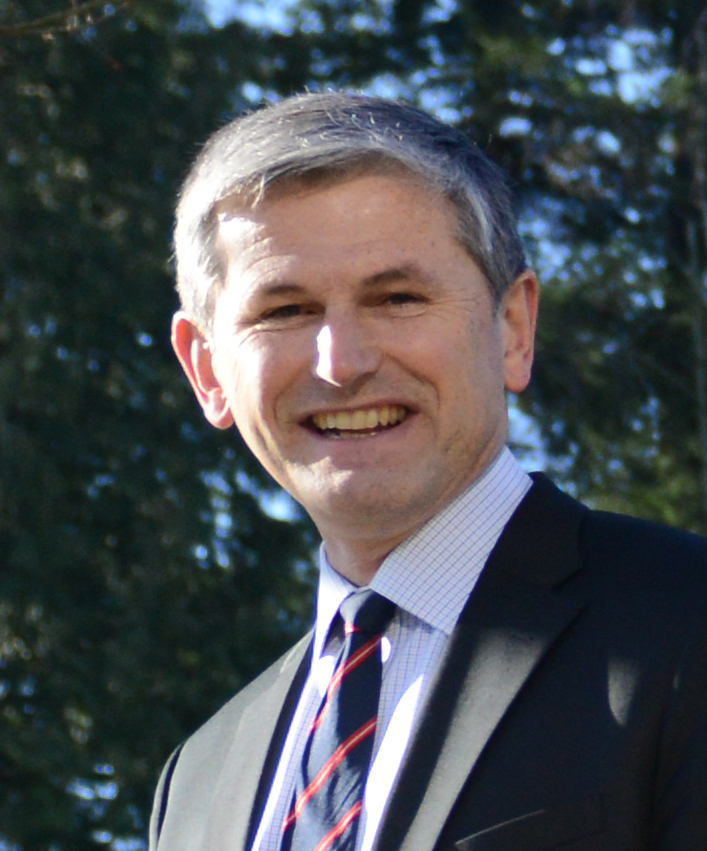Column: A strange way to pick a leader
When a political party sets rules for a leadership race and tries to be all things to all members, the result can end up looking more like the proverbial camel designed by a committee than a true and fair method for members to choose a new leader.
As they did in 2011, the B.C. Liberal party opted to continue with its practice of favouring ridings over members.
Under the rules, each of B.C.’s 87 ridings was worth the same 100 points. The winner needed to amass 4,351 points out of a possible 8,700.
In giving equal weight to the ridings over its members, the Liberals created a false equivalency that doesn’t stand up to scrutiny.
A riding’s relative strength within the party mattered naught.
A riding with 218 Liberal members had the same 100 points as a riding that had 1,457 members.
The turnout in each riding also had no impact on the points.
The 91 members who voted in Peace River South were worth the same 100 points as the 1,241 who voted in Surrey-Panorama.
In the 23 ridings with a turnout of fewer than 200 members, 3,416 members voted.
With 2,300 points at stake, the ridings represented more than half of the points needed to win.
Whereas the five ridings where more than 900 cast a ballot – a total of 5,159 members – counted for just 500 points.
While highly improbable, theoretically, 8,603 members in the 44 ridings with the lowest turnout last week could have chosen the new leader had they all voted for the same candidate.
Going into its three-day vote, the Liberals claimed 60,000 members. They didn’t all vote and the ones that did didn’t stick around for long.
On the first ballot, the six competitors shared 30,775 votes between them.
Despite the “stay in the comfort of your own home and vote” nature of the ballot, only 23,270 members voted in the fifth and final round.
Andrew Wilkinson won 53.8 per cent of the votes on that ballot, but not a majority of the vote when the total number of members who voted are considered.
His 12,509 votes on the final ballot represented the support of just 40.6 per cent of those who voted.
Instant members can be a lot like instant soup, they do the job but not much else.
There were a few other surprises in the count as well.
Sam Sullivan placed fourth in his own riding of Vancouver-False Creek on the first ballot, but even more surprising Andrew Wilkinson came second in his riding of Vancouver-Quilchena behind Michael Lee.
Rich Coleman’s endorsement of Mike de Jong didn’t help much in Coleman’s riding of Langley East where de Jong placed a distant second to Dianne Watts.
Michael Lee bested Watts in six of the nine Surrey ridings on the first ballot, while Wilkinson took five of the nine on the final ballot.
Todd Stone illustrated another problem with the process: buyer’s remorse.
When news broke in the midst of the vote that the party had found irregularities with 1,349 members the Stone campaign had signed up, one member took to social media, posting “I have asked three sitting MLAs and the returning officer via email how to rescind my vote and redo. I have yet to hear back.”
And that’s one of the big drawbacks to the vote from the comfort of your own home all at one time for each and every ballot, there’s no opportunity to consider a different mix of candidates than conventional wisdom might have settled on.
Six went into the vote, three were left for the final two rounds.
Perhaps, for some, the three candidates left standing were a different three than they had envisioned when they voted.
Would some members have marked their ballots differently had they seen who the final three were? Unfortunately, we’ll never know.
Since most political parties now have some form of a ranked ballot and vote from home process, perhaps a two ballot vote should be considered over two days.
Members eliminate some candidates on day one – but not all – and then have a final vote on the candidates left standing the next day.
Something for the Liberals and other parties to chew on.
Dermod Travis is the executive director of IntegrityBC.
























